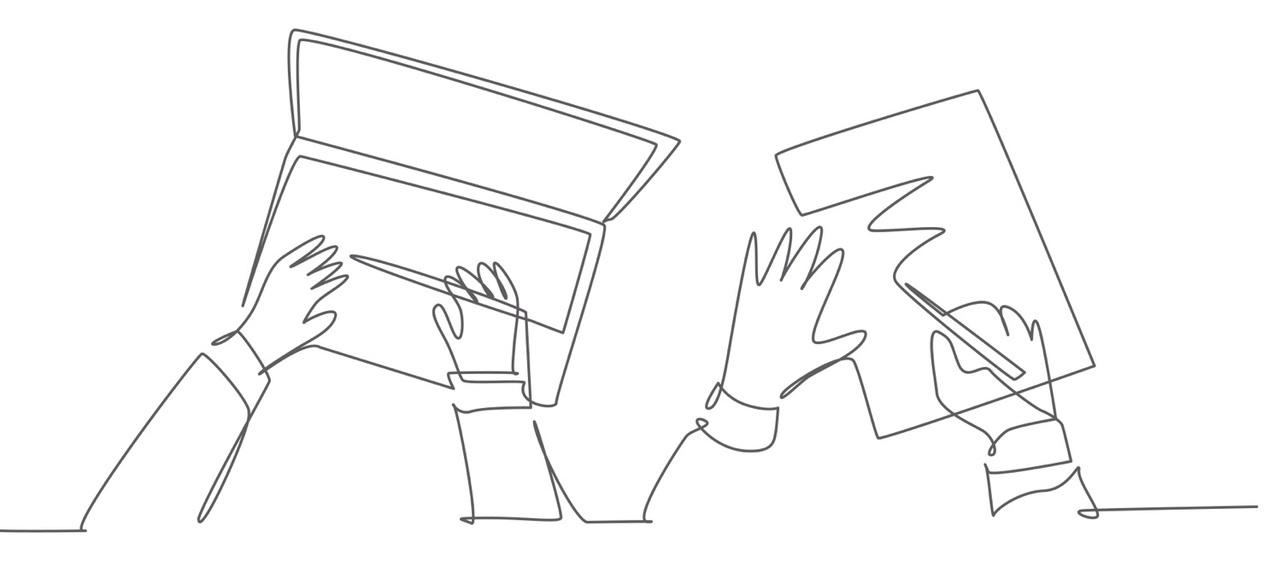The New Small Claims Procedure: Get on the Case
 We all think of December’s $1.4 Trillion COVID relief bill as extending unemployment benefits, the Paycheck Protection Program and assorted other political pet projects designed to boost the economy during the pandemic. But, did you know that buried within the 5900 pages of the bill, there’s special relief for writers and artists? Unfortunately, it’s not a stimulus check, but it’s something better – protecting yoru valuable copyrights.
We all think of December’s $1.4 Trillion COVID relief bill as extending unemployment benefits, the Paycheck Protection Program and assorted other political pet projects designed to boost the economy during the pandemic. But, did you know that buried within the 5900 pages of the bill, there’s special relief for writers and artists? Unfortunately, it’s not a stimulus check, but it’s something better – protecting yoru valuable copyrights.
The “Copyright Alternative in Small-Claims Enforcement (CASE) Act” was eacted to establish a copyright small claims system that allows copyright creators, such as authors, to take action against infringers on a smaller scale than filing expensive lawsuits with pricey lawyers in federal court. The idea for small claims copyright relief has been kicking around in Congress since 2003, with no luck. Finally, in 2019, the CASE bill was passed by the House and sent to the Senate, where it stalled, until it’s miraculous inclusion in the COVID relief bill.
What is CASE and how does it work?
Under the Copyright law, once an original book is written, the author is automatically entitled to certain protections of their work, including the right to reproduce, prepare derivations, distribute copies, and distribute the work for a specific period set forth in the statute. (Generally, life of the author plus seventy years.) If someone violates those ownership rights, or uses the work without the author’s permission, the author is entitled to seek relief in the United States federal courts.
Before CASE, this was a lengthy and expensive proposition. For example, to commence copyright litigation in the Eastern District of New York Federal District Court, authors faced fees of $402.00 for court filing fees, $49.00 for miscellaneous filing fees, and $45.00 for a copyright registration fee, which is a prerequisite to commencing copyright litigation, totaling $496.00. Additionally, there would be attorney’s fee, which could skyrocket the costs well into five figures, making the enforcement of an author’s copyrights cost prohibitive.
Examples of juicy literary lawsuits include: Harper Lee versus Samuel Pinkus – Lee claimed she was duped into signing her novel’s copyright over to her literary agent Samuel Pinkus, after suffering a stroke in 2007. She regained those rights, but had to sue Pinkus for the royalties he continued to collect. J.D. Salinger vs. John David California – California created a parody of Holden Caulfield escaping from a New York City retirement home. Not thinking the idea at all funny, Salinger sued him for infringement, and California yielded. Even J. K. Rowling has found herself both prosecuting and defending numerous copyright claims. Where the stakes are high, federal courts and high-priced lawyers offer the clout necessary to protect Scout, Holden Caulfield, Harry Potter and their authors.
For the rest of us, CASE creates a new page of protection for authors and other artists through an economical alternative dispute resolution forum. It creates a Copyright Claims Board (CCB), a three-officer tribunal, to hear claims for monetary damages of less than $30,000.00. The officers are appointed by the Library of Congress and are required to be individuals with experience in the evaluation, litigation, and adjudication of copyright claims. The CCB is given broad powers including dismissing or refusing claims, awarding damages, issuing cease-and-desist agreements, and awarding attorney’s fees (to a maximum of $5,000.00).
As a further cost-saving measure, an author may choose to represent themself before the tribunal, or hire an attorney. However, to file a claim, an author must have filed for copyright registration or be the holder of a copyright registration certificate. This is prima facie evidence that the author is the copyright holder and insures to the CCB that the author has standing to bring the claim for infringement. The filing of a case before the CCB is voluntary, and parties can opt-out of the process once the claim is filed, forcing an author or artist to proceed to litigate in court instead. Decision of the CCB can also be appealed to the federal courts.
There’s more good news! If the stakes are still to high, there will also be an expedited procedure for claims of less than $5,000.00.
The new law is truly a CASE of first impression. At present, the Copyright Office is ramping up the CCB so they are not accepting any claims at this time. Do not fear, an author has three years from the date of infringement to file their claim.
Since a majority of the copyright infringement cases in the Untied States are of relatively lower value than those of Harper Lee and J. K. Rowling, the small claims system will allow authors alternatives to protecting their rights in a swift and economical fashion.
Further information about Copyrights, CASE, the CCB, and whether your claim is eligible, can be found at Copyright.gov.